10 Things People Who Grew Up Poor Can’t Stop Doing as Adults
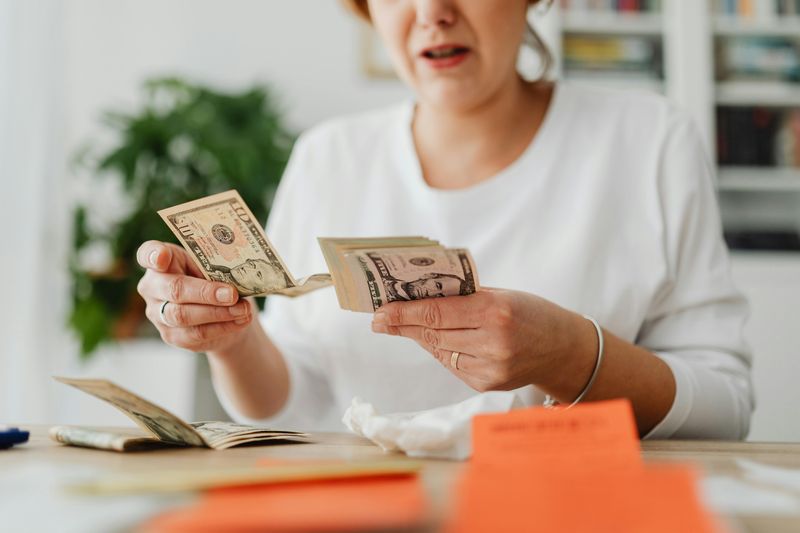
Growing up without much money leaves a mark that doesn’t just disappear when your bank account grows. Even after achieving financial stability, many adults who experienced poverty as children carry habits that once helped them survive. These behaviors might seem unusual to others, but they’re deeply rooted in experiences of scarcity and uncertainty. Understanding these patterns can help us appreciate the lasting impact of childhood poverty and recognize that financial healing takes more than just earning more money.
1. Saving and Reusing Everything
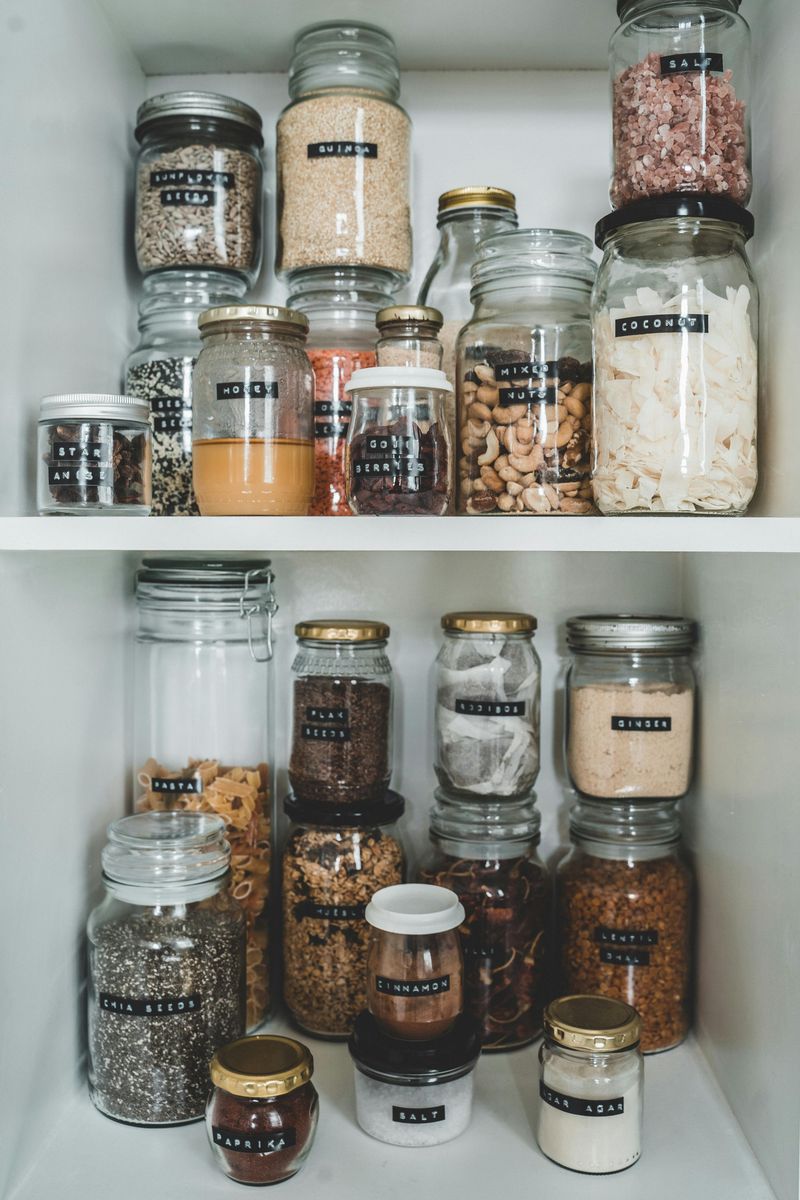
Walk into the home of someone who grew up poor, and you’ll likely find a cabinet packed with empty jars, neatly folded plastic bags, and boxes of various sizes. This isn’t hoarding—it’s a survival strategy learned young. When you couldn’t afford to buy things whenever you needed them, you learned to save everything that might be useful later.
Old butter containers become food storage. Bread bags line small trash cans. Shoeboxes organize drawers and closets. Every item has potential value because throwing something away meant possibly needing to buy it again later.
Even with financial security, the instinct remains strong. That pickle jar might be perfect for storing leftovers someday, and those shopping bags could come in handy for a million purposes.
2. Avoiding Waste at All Costs
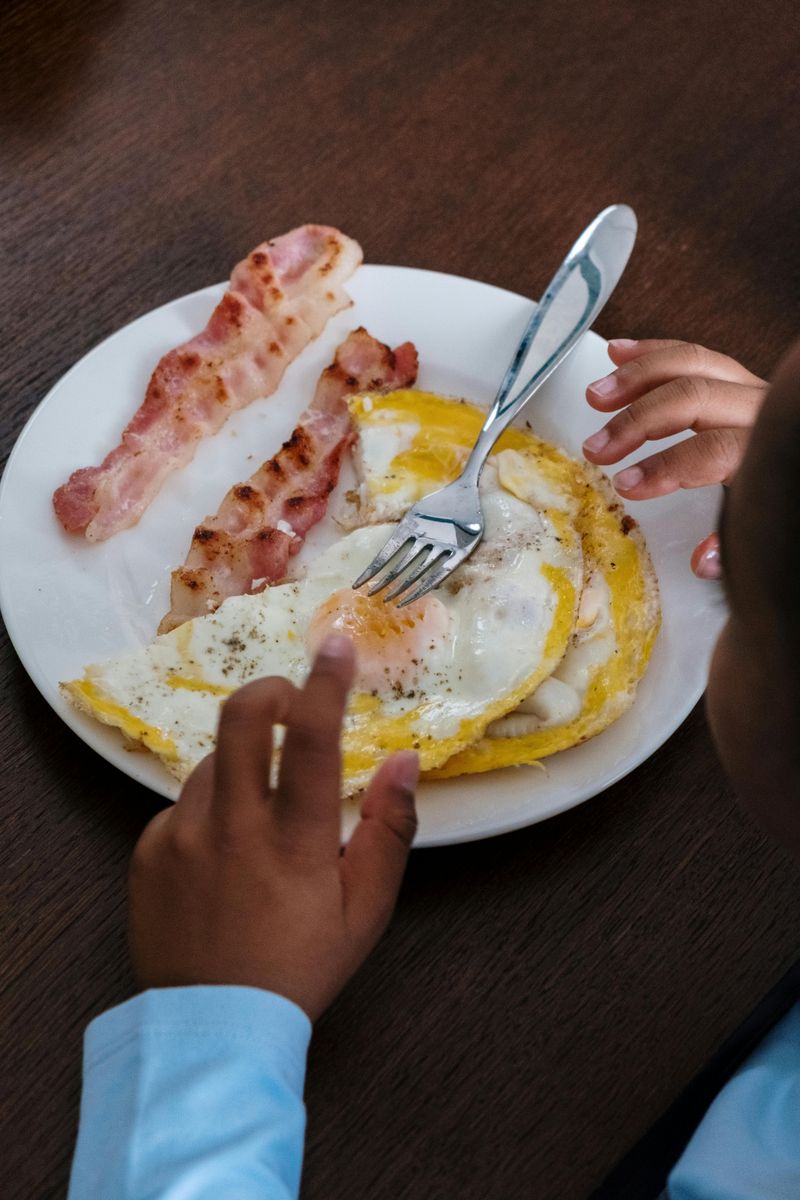
Leaving food on a plate feels almost painful for adults who grew up poor. Meals weren’t guaranteed, so wasting even a single bite seemed wrong. This mindset extends beyond food to electricity, water, and everyday items. Lights get turned off religiously when leaving a room. Clothes get worn until they’re threadbare and patched multiple times.
Nothing gets thrown away until it’s absolutely, completely unusable. A shirt with a small hole gets mended. Shoes get resoled instead of replaced. Soap bars get used down to slivers that are then pressed onto new bars.
Friends might tease about being too frugal, but this behavior stems from times when waste meant going without. The fear of scarcity doesn’t vanish just because resources become available.
3. Stockpiling Necessities When They’re on Sale
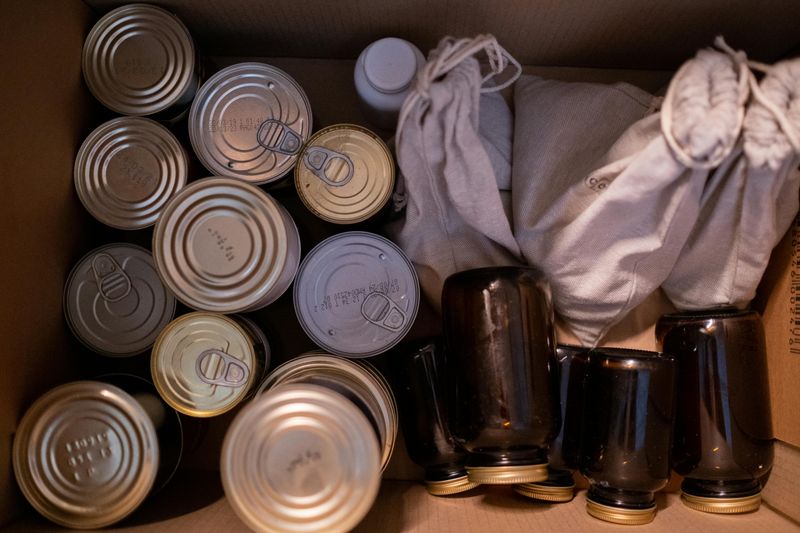
The thrill of a good sale hits differently when you’ve experienced poverty. Adults who grew up poor often buy multiples of essentials whenever prices drop, creating impressive stockpiles of toilet paper, canned goods, soap, and other household basics. This behavior makes perfect financial sense but goes deeper than just saving money.
Having a closet full of paper towels or a pantry stocked with canned vegetables provides emotional security. It’s a buffer against uncertainty, a promise that you won’t run out of necessities even if money gets tight.
While others might buy one or two items on sale, someone with a poverty background might buy ten or twenty. The peace of mind that comes from knowing you’re prepared outweighs any concerns about storage space.
4. Choosing the Cheapest Option First

Price tags carry more weight than quality assessments for many adults who experienced childhood poverty. The automatic response is always to scan for the lowest price, even when the budget allows for better options. This habit developed from years of necessity but persists long after financial circumstances improve.
Generic brands get chosen over name brands without a second thought. The least expensive menu item gets ordered at restaurants. Clothing purchases prioritize low cost over durability or style, even when spending a bit more would provide better long-term value.
This mindset can actually cost more money over time, as cheaper items often need replacing more frequently. But the psychological comfort of spending less feels safer than investing in quality, no matter what the math says.
5. Feeling Guilty About Spending Money

Buying something nice triggers an uncomfortable flood of guilt for adults who grew up poor. Even when the purchase is affordable, reasonable, and well-deserved, the internal voice questions whether it’s really necessary. Treats feel like luxuries that should be avoided, and splurging on yourself seems selfish or irresponsible.
A new pair of shoes might sit in the closet unworn because they feel too nice for everyday use. Restaurant meals get overshadowed by calculations of how many groceries that money could have bought. Gifts for yourself require extensive justification and mental negotiation.
This guilt stems from years of associating spending with sacrifice—every purchase meant something else couldn’t be bought. Enjoying money without anxiety requires unlearning deeply ingrained messages about scarcity and worth that poverty taught too well.
6. Fixing Things Instead of Replacing Them
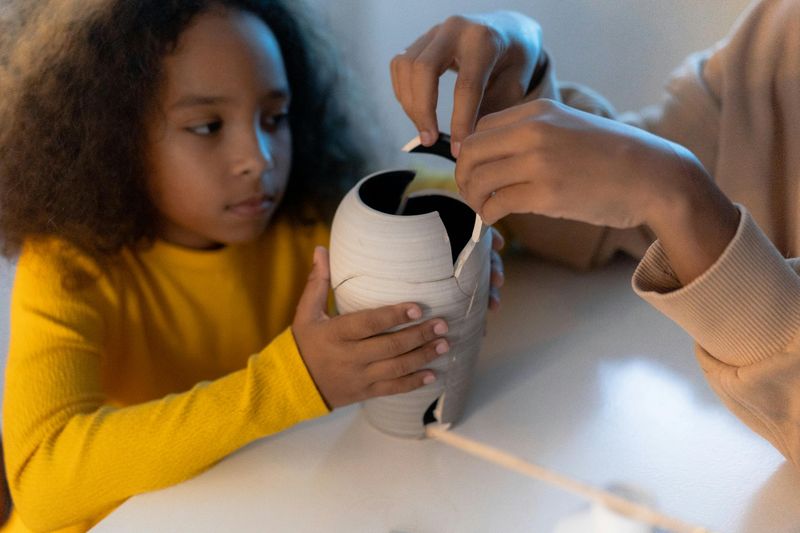
YouTube tutorials and DIY repair videos are best friends to adults who grew up poor. Before considering buying something new, the automatic response is to figure out how to fix what’s broken. This skill developed from necessity—replacement wasn’t an option, so repair became essential.
Clothes get sewn and patched repeatedly. Appliances get taken apart and troubleshot. Furniture gets glued, reinforced, and modified to extend its life. The satisfaction of making something work again goes beyond saving money; it’s a point of pride and self-sufficiency.
Even when replacement would be more practical or cost-effective, the impulse to fix remains strong. There’s comfort in knowing you can solve problems yourself without spending money or depending on others. This resourcefulness is valuable, though sometimes letting go and buying new would actually be wiser.
7. Avoiding Debt at All Costs

Credit cards and loans trigger intense anxiety for many adults who grew up poor. Debt represents danger, instability, and loss of control—feelings deeply associated with childhood poverty. Even when borrowing makes financial sense, like for a mortgage or education, the psychological resistance remains powerful.
Credit card offers get immediately declined or ignored. Payment plans feel uncomfortable even for large purchases. The idea of owing money, regardless of interest rates or terms, creates stress that outweighs potential benefits.
This extreme caution stems from witnessing or experiencing how debt can spiral out of control when resources are limited. Missing payments, accumulating interest, and dealing with collectors are fears that don’t fade with financial stability. Paying cash for everything feels safer, even when strategic debt use could build wealth or credit history more effectively.
8. Working Multiple Jobs or Long Hours

The concept of having just one income source feels dangerously unstable to adults who grew up poor. Even with a good full-time job, the impulse to hustle, take on side gigs, or work extra hours remains strong. Financial security never quite feels secure enough to stop striving for more income streams.
Weekends get filled with freelance work or part-time jobs. Evenings involve side businesses or additional projects. Vacation time gets saved rather than used, just in case. Rest feels risky when you could be earning money instead.
This relentless work ethic comes from times when one job wasn’t enough to cover basic needs. The fear of returning to that situation drives continuous hustle, even when current income is sufficient. Feeling safe requires constant proof that money will keep coming in.
9. Downplaying Financial Success

Achieving financial stability creates an unexpected problem for adults who grew up poor—discomfort with their own success. Admitting to having money feels wrong, dangerous, or embarrassing. There’s a tendency to hide wealth, minimize achievements, and avoid appearing too comfortable financially, even when success is legitimate and hard-earned.
New purchases get explained away or justified extensively. Financial accomplishments get downplayed in conversation. Expensive items stay hidden or are described as gifts or deals rather than regular purchases.
This behavior stems partly from survivor’s guilt when others remain in poverty, and partly from fear that displaying wealth will change relationships or attract unwanted attention. There’s also discomfort with the identity shift from poor to financially stable, creating internal conflict about deserving success and belonging in either world.
10. Keeping Everything Just In Case

The phrase just in case holds special meaning for adults who experienced childhood poverty. Old clothes that don’t fit anymore stay in closets because they might be useful someday. Broken electronics don’t get thrown away because parts might be salvageable. Instruction manuals, receipts, and paperwork accumulate because you never know when you’ll need them.
This behavior differs from the jar-saving habit—it’s broader and more pervasive. Every item gets evaluated for potential future use before being discarded. The threshold for throwing things away is extremely high because poverty taught that resources are precious and opportunities to acquire them are limited.
While this can edge toward clutter, it comes from a rational place of protecting against future need. When you’ve experienced not having what you needed, keeping everything just in case provides comfort and security.

Comments
Loading…